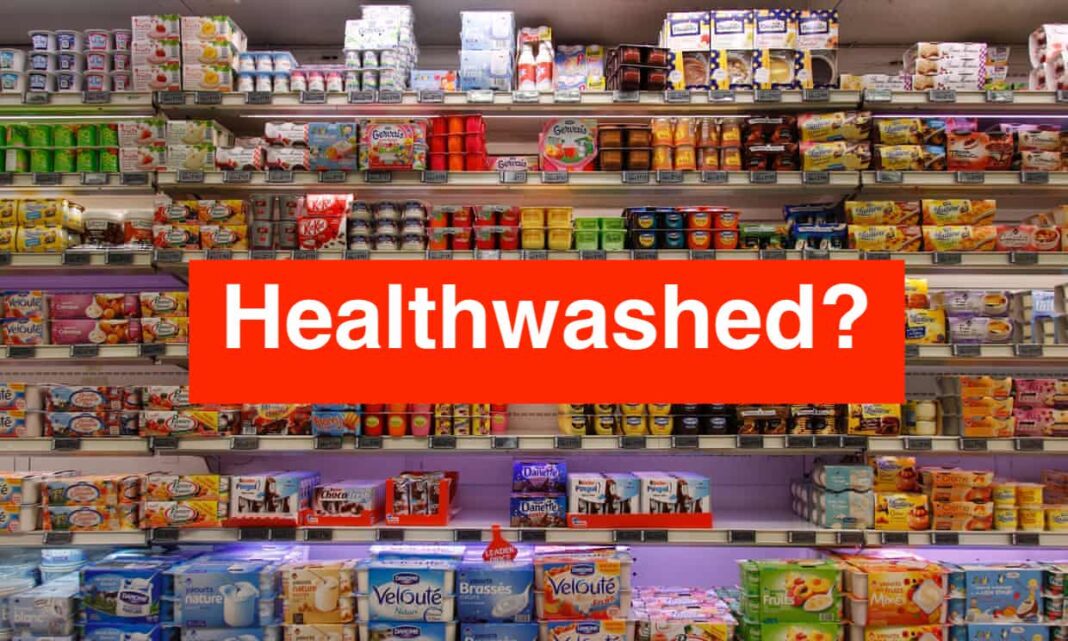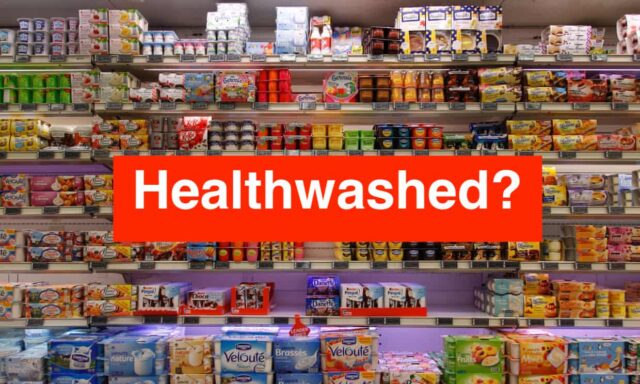The Indian Government is set to introduce guidelines to combat the rising issue of “health-washing,” where companies mislead consumers by marketing their products as healthier options through claims like “multigrains,” “natural extracts,” and “sugar-free.” Often, these products come with higher price tags.
“Green-washing” involves companies falsely claiming that their products or practices are environmentally friendly. Meanwhile, “surrogate advertisements” use indirect marketing techniques to promote banned items like tobacco and alcohol. Examples include alcohol brands promoting their products through mineral water or music CDs.
Such misleading practices violate the Consumer Protection Act, which can impose penalties of up to ₹50 lakh and a maximum prison sentence of five years.
Efforts are being taken to ensure e-commerce companies cease the sale of banned and unsafe products on their platforms. The department is urging these companies to sign a “safety pledge” to promptly recall hazardous items within 36 hours of notification and to cooperate with government officials in identifying non-compliant sellers.
In drafting these new norms, the department has referenced global best practices from regions such as the European Union, Japan, Australia, South Korea, and Canada. A committee consisting of representatives from major e-commerce platforms, consumer associations, industry bodies, and national law universities is expected to submit its report within two weeks.





